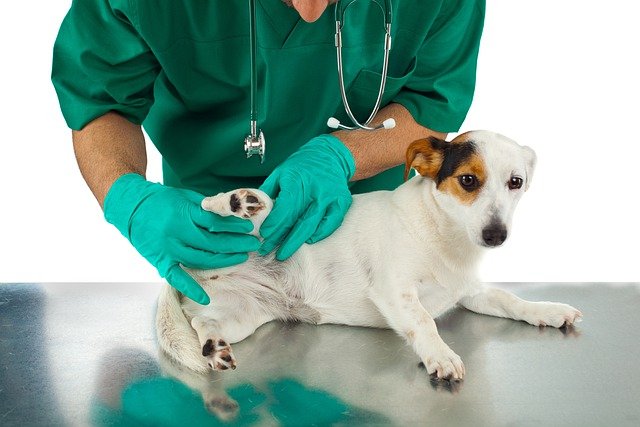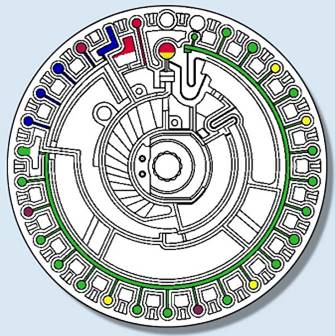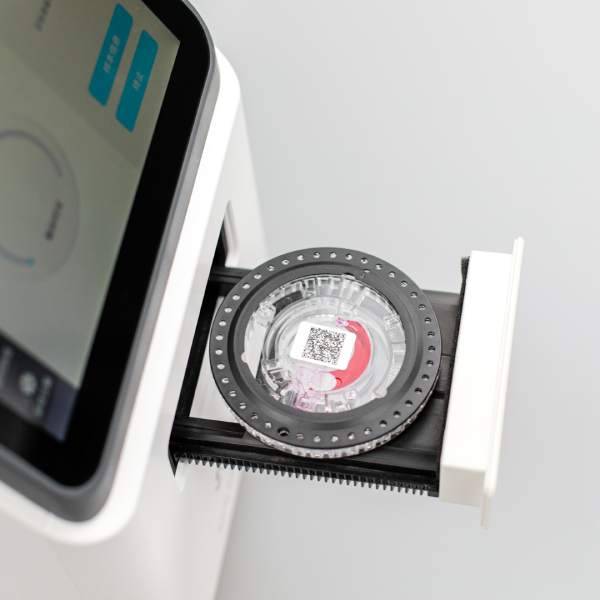release time:2021-12-27 13:32:00
When you take your pet to the hospital, your pet may be faced with various tests. For example, gauge tests (including checking the five senses and the inside of the mouth, coat health, skin health, heart rate, blood pressure, respiration, and body temperature.) , blood tests (including complete blood count CBC and blood biochemical tests.) Fecal examination, X-ray examination, ultrasound examination, urine examination, etc.
Routine blood tests, blood biochemical tests, fecal tests, urine tests, skin tests, etc. are the main items of laboratory tests in animal hospitals at present.
Biochemical test mainly detects liver function, kidney function, blood glucose, lipid, electrolyte, total protein, albumin, calcium, ammonia, magnesium, iron, chloride and so on. Biochemical tests are used to diagnose liver disease, kidney disease, diabetes, and electrolyte disorders. It can help doctors understand the nutritional status of the animal's body and can detect potential lesions in the body. Especially for the diagnosis and treatment of geriatric and chronic internal diseases have important significance.

The above five tests are common in veterinary hospitals. They can help the veterinarian to determine the condition of the pet and have a very important role.

2024-01-05
Explore China's dynamic 2024 IVD market with an in-depth analysis of 6 pivotal segments: immunodiagnostics, biochemical diagnostics, molecular diagnostics, coagulation diagnostics, microbiological testing, and point-of-care testing (POCT).

2021-11-05
Automatic biochemical analyzer new reagents why should be calibrated? This is because in clinical testing, the operator may mix some biochemical analysis reagents with different lot numbers. Although this is convenient and can save costs. But no matter which instrument manufacturer and which reagent. Because of the different batch numbers and dates, there are bound to be differences, thus affecting the test results.

2021-09-30
With a fully automated biochemistry analyzer, the entire process from sample loading to result generation is done automatically by the instrument. The operator only needs to place the sample in a specific position on the analyzer. The operator then selects the program and starts the instrument to wait for the test report.